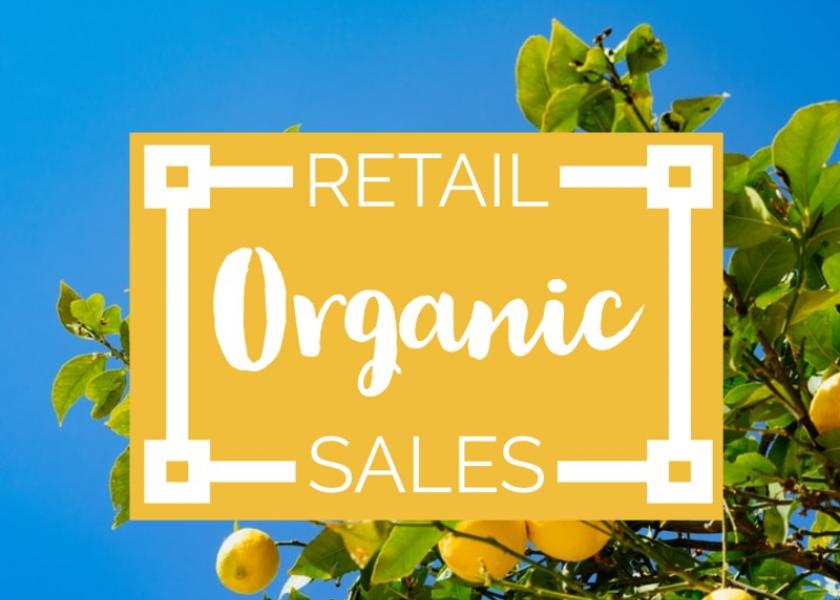Organic produce gaining ground in grocery stores

It’s a rarity these days to find a supermarket that doesn’t stock at least a limited selection of organic fruits and vegetables, and most stores feature a wide range of organic options to choose from.
Demoulas Super Markets Inc., a chain of 84 stores based in Tewksbury, Mass., sells more than 150 organic produce items, said Michael Maguire, director of produce.
About 12% of the fruits and vegetables sold in the produce department are organically grown.
Grapes and strawberries consistently have been the top-selling organic items.
Maguire attributes the popularity of organic produce to improved availability in recent years and increased demand from retailers.
Organic produce updates and news.
“There are more growers,” he said. “All of the chains have really demanded having our growers ship us conventional and organic.”
Certain items at the company’s Market Basket stores might end up in a couple of different spots in the produce department.
“I have an organic section, but high-ticket items like grapes and strawberries we put in the regular berry set as well,” Maguire said.
When volume is plentiful, there’s a good chance they’ll end up in the stores’ ad, but Maguire said he doesn’t see as much of a sales uptick for organic products as he does for conventional products when they’re on ad.
“There are organic-specific customers out there that buy (organic) every week,” he said.
But he believes that conventional produce buyers would choose organic fruits and vegetables if the prices for conventional and organic products were the same.
Organic produce also is popular among many shoppers at the Dash’s Markets Inc. location in Buffalo, N.Y., where Jeffrey Howard is produce manager.
Romaine, red leaf and green leaf lettuce are among the top sellers, and the store also sells a large amount of organic carrots, broccoli, romaine hearts and avocados.
Organic produce does not make up a big part of the store’s product line, but it accounts for a good part of it, Howard said — 20-30 items — and volume continues to increase.
Customers are attracted to organic fruits and vegetables because they’re “safer and healthier” than their conventional counterparts, he said.
It’s difficult to merchandise all of the organic items in one section, Howard said, so some products, such as leaf lettuces, are displayed side by side, but separated by a divider.
There’s a separate section with packaged organic broccoli, carrots, avocados and other items.
The majority of the organic produce at Market Basket are packaged, Maguire said.
“It gives them an identity, and it helps us get through the registers correctly,” he said.
Ensuring the proper ring for bulk organic produce is a problem, he said, since organic products typically are priced somewhat higher than their conventional counterparts.
Price Look-Up numbers on organic produce always start with a “9,” he said, but checkout clerks don’t always check those numbers and may ring up an organic item as a conventional one.
“They call it muscle memory,” Maguire said.
Prices of fresh organic produce actually have dropped about 30% over the past six to eight years as volume increased, he said.
“It used to be frightfully expensive.”
Maguire said he believes that organic sales will continue to increase as more growers enter the organic deal.
“I don’t think it will grow the way it has over the last five or six years, but I think there will be continued growth,” he said.
“There’s definitely a customer for it.”
The four Dash’s Markets locations feature organic items on ad two or three times a month, Howard said. And a sale price can attract conventional produce buyers.
“A lot of people who would normally buy regular romaine would buy the organic romaine if it’s a better deal,” he said.
Like Maguire, he said Dash’s customers likely would buy organic produce rather than conventional if the prices were the same.
“Sometimes, I think the price of organics is just too much for people,” he said.
Related content:
Tasteful Selections makes Inc. list of fast-growing private companies
Conversations at WCPE: Steve Lutz on shifting shopper behaviors present and future
Time to nominate your great produce managers for national recognition







